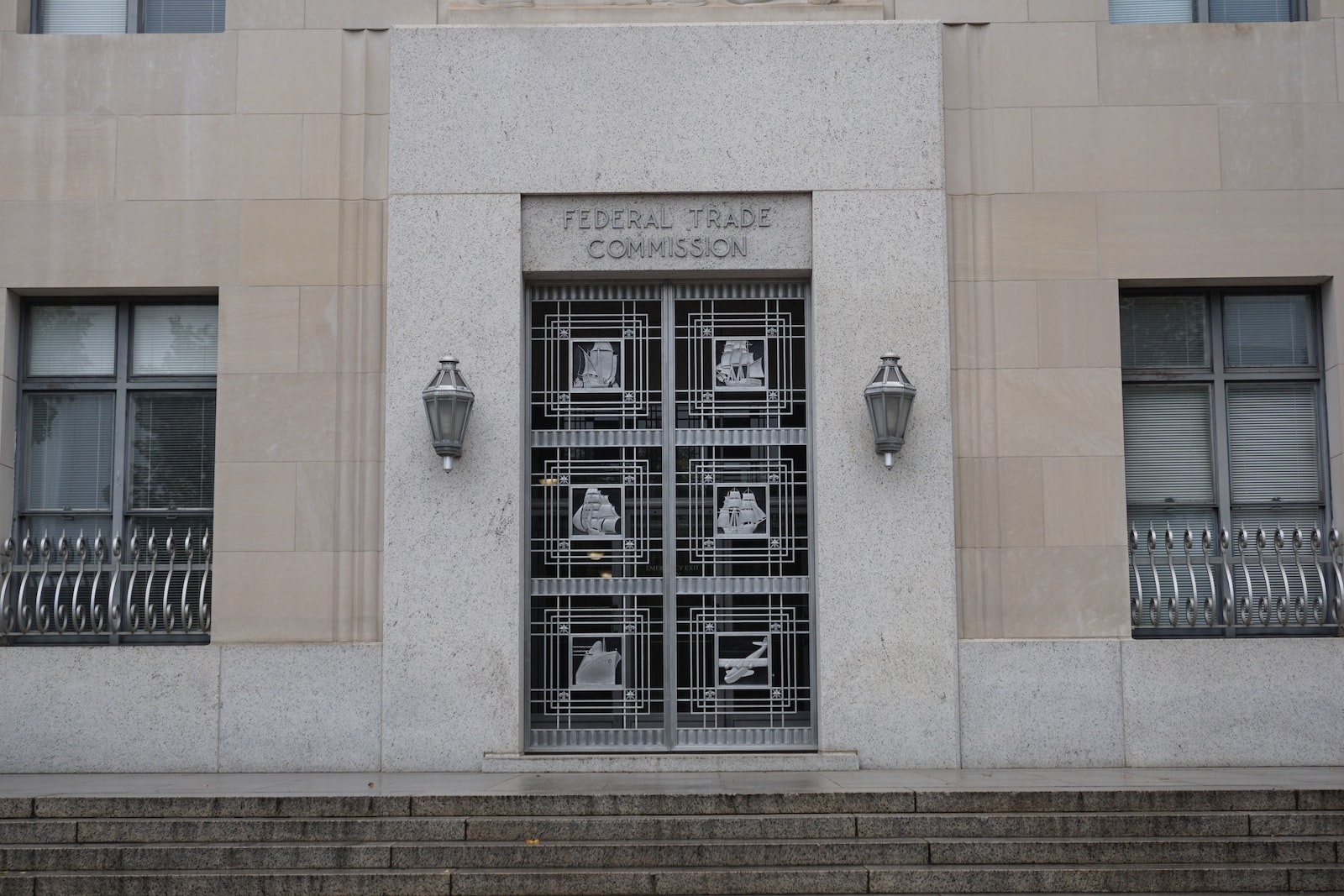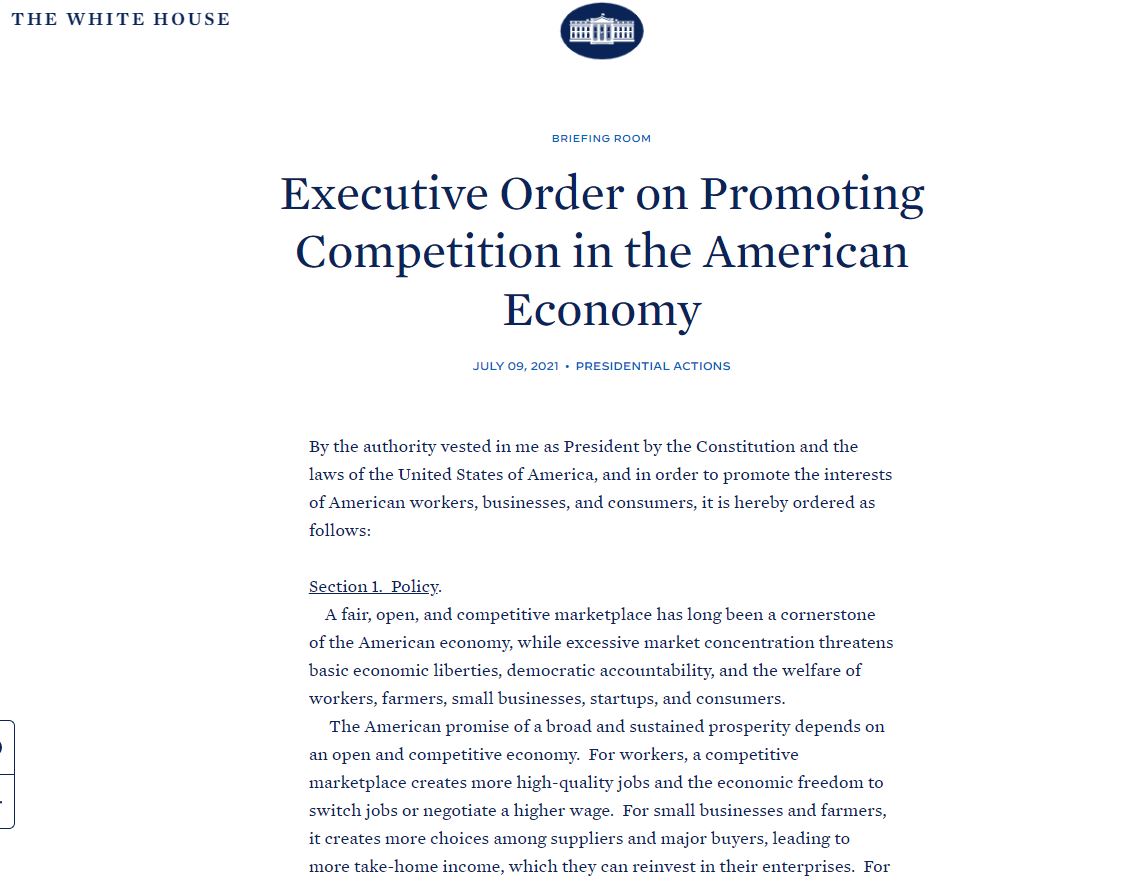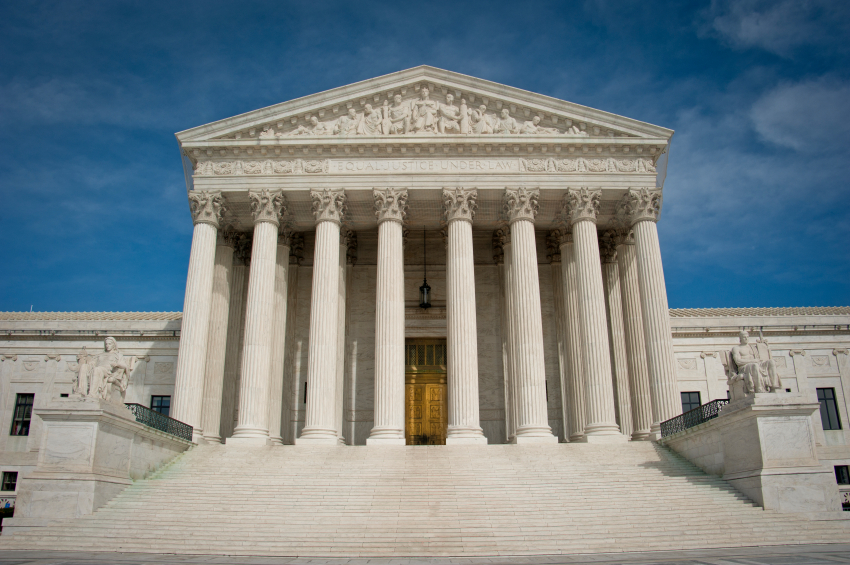Archives
- February 2025
- August 2024
- June 2023
- February 2023
- February 2022
- October 2021
- July 2021
- June 2021
- February 2021
- October 2020
- April 2020
- March 2020
- February 2020
- January 2020
- October 2019
- August 2019
- June 2019
- May 2019
- April 2019
- March 2019
- February 2019
- January 2019
- November 2018
- September 2018
- July 2018
- May 2018
- March 2018
- February 2018
- January 2018
- December 2017
- November 2017
- September 2017
- August 2017
- July 2017
- June 2017
- May 2017
- April 2017
- March 2017
- February 2017
- January 2017
- December 2016
- October 2016
- September 2016
- August 2016
- July 2016
- June 2016
- May 2016
- April 2016
- March 2016
- February 2016
- January 2016
- December 2015
- November 2015
- October 2015
- September 2015
- August 2015
- July 2015
- June 2015
- May 2015
- April 2015
- March 2015
- February 2015
- January 2015
- December 2014
- November 2014
- October 2014
- September 2014
- August 2014
- July 2014
- June 2014
- May 2014
- April 2014
- March 2014
- February 2014
- January 2014
- December 2013
- November 2013
- October 2013
- September 2013
- August 2013
- July 2013
- June 2013
- May 2013
- April 2013
- March 2013
- February 2013
- January 2013
- December 2012
- November 2012
- October 2012
- September 2012
- August 2012
- July 2012
- June 2012
- May 2012
- April 2012
- March 2012
- February 2012
- January 2012
- December 2011
- November 2011
- October 2011
- September 2011
- August 2011
- July 2011
- June 2011
- May 2011
- April 2011
- March 2011
- February 2011
- January 2011
- December 2010
- November 2010
- October 2010
- September 2010
- August 2010
- July 2010
- June 2010
- May 2010
- April 2010
- March 2010
- February 2010
- January 2010
- December 2009
- November 2009
- October 2009
- September 2009
- August 2009
- July 2009
- June 2009
- May 2009
- April 2009
- March 2009
- February 2009
- January 2009
- December 2008
- November 2008
- October 2008
- September 2008
Categories
- Age Discrimination
- Anti-Raid
- Arbitration
- Channel 11
- Confidentiality
- COVID-19
- Dallas
- Doctors
- Drafting
- EEO Claims
- Executive Compensation
- Financial Advisors
- Hiring and Firing
- HR Issues
- Injunction
- Non-Compete Agreements
- Non-Disparagement
- Non-Solicitation Agreements
- Placement Professionals
- Presentations
- Recent Cases
- Shareholder Disputes
- Social Media
- Social Networking
- Sports
- Texas
- Trade Secrets
- Trial and Pre-Trial Procedure
- Uncategorized
- Whataburger
THE LATEST FROM WEINSTEIN RADCLIFF PIPKIN
-

Tap the Brakes on FTC Non-Compete Changes
The FTC has had non-competes in its sights for some time under the Biden administration. Going back to 2021 the administration instructed the FTC to do what is doing now – challenge non-competes. Here is what I said back then:
-
Arbitration Considerations
The first time I sat in an arbitration was back in 1999. Since that time I’ve spent a significant amount of times in one arbitrator and three arbitrator hearings in both construction and employment cases. Here are some thoughts and
-
The FTC’s Non-Compete Rule Goes Down – Now What?
The real question is not so much whether a non-compete is fair or not – it is what agency/legislature should have the power to restrict them? Here’s what the Federal Trade Commission put on its website after Judge Ada Brown’s
-
The NRLB Chimes in on Non-Competes
A few months ago the NRLB made some noise when it imposed restrictions on non-disparagement and confidentiality provisions in releases/settlement agreements. Now it’s back at it with non-competes following the footsteps of the FTC. In her memo, General Counsel Jennifer
-

Texas Vaccine Mandates as of March 1
Since our last update Texas employers have been confronted with mixed messages on the vaccine mandate. Let’s try to catch up here. Putting politics and science aside we have a conflict between Governor Abbot’s executive order (no vaccines) and
-

Texas Vaccine Mandates As of November 1
It’s tough to keep up to date in Texas when it comes to mask/vaccine mandates. We have the interplay of federal/state and local laws and regulations and needless to say on top of the requirements we have a little politics
-

Much Ado About Nothing – The Biden Non-Compete Executive Order
Back in 2015 there was a lot of publicity about a non-compete Jimmy John’s was implementing for its sandwich makers. Here is what I said back then: “When news of the Jimmy John’s non-compete came out last October my concern
-

Non-Compete Venue Fights
A few years ago I addressed venue provisions in employment contracts (see below). A few additional thoughts – A provision that specifies venue in a particular county, i.e. Dallas County, Texas or city may not always work – while Texas
-

Formula 1 Non-Competes
Over the last few months I’ve started following Formula 1 Racing. There are fast cars with interesting personalities and races all over the world including Austin, Texas in October. It is also a very expensive sport backed by big brands

PUBLISHED BY
ROBERT RADCLIFF
ROBERT RADCLIFF
Robert Radcliff is an attorney with Winstein Radcliff Pipkin which serves Texas, Oklahoma, Arkansas and Louisiana in matters of construction law, surety, contracts, commercial litigation and labor & employment.
Rob represents businesses and individuals in disputes in Texas and throughout the United States. He focuses his practice on employment and commercial matters including issues arising from the arrival and departure of employees.
For questions, or article ideas for this blog, you may contact Robert Radcliff at rradcliff@weinrad.com.

Weinstein Radcliff Pipkin is a litigation serving Texas, Oklahoma, Arkansas, and Louisiana. We are experience in matters of construction law, surety, contracts, commercial litigation and labor & employment. We’re passionate about providing clients with trusted service and solutions to their legal needs.
Contact Us
- 8350 N. Central Expressway, Suite 1550
Dallas, TX 75206 - 214.865.6130 (phone)
- 469.629.5300 (fax)
